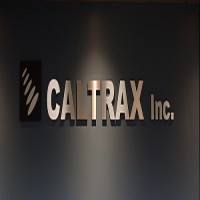
American Turbocharger Technologies
We provide fast and professional services for operators of 901-5,000 horsepower marine, locomotive and stationary diesel engines. American Turbocharger Technologies remanufactures each turbocharger with integrity and precision to allow our customers the dependability to take care of theirs. With over a combined 200 years of experience in the turbocharger repair business, and a 20,000-square-foot facility located in the center of the world’s largest naval port (Newport News, VA) – we are easily accessible and well-equipped to take on your most difficult challenges!






